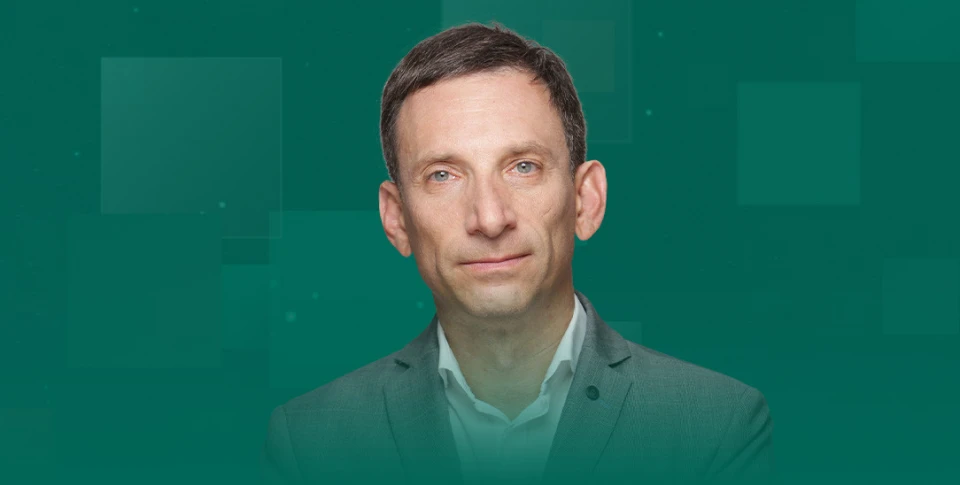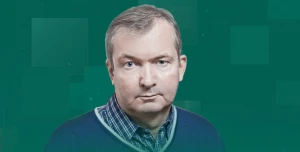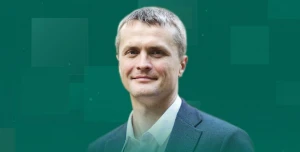
Xi Jinping is interested in DPRK military presence in Russia
Unclear why Putin needs North Korean troops in Kursk - whether for support or propaganda - but it's clear that Chinese leader Xi Jinping is interested
At a press conference on the results of the BRICS summit, Putin commented for the first time on the possibility of North Korean military presence on Russian soil and made it clear that he did not see anything out of the ordinary. According to Article Four of the strategic partnership agreement between the Russian Federation and the DPRK, the two countries pledged to help each other in case of aggression, Putin emphasized, saying that the situation needs to be dealt with, as Pyongyang takes the agreement with Russia seriously.
“What and how we will do under this article is our business,” said Vladimir Putin, who expressed confidence that the Russian military on the territory of Ukraine is acting decisively on all fronts.
Thus, as we can see, the Russian president did not make any excuses for the presence of North Korean troops on the territory of the Russian Federation.
“He is trying to create conditions for an escalation of the situation, not only on the Russian-Ukrainian front, but also on the Korean Peninsula itself, where South Korea is reacting quite harshly to the possibility of the presence of North Korean troops on the frontlines of the Russian-Ukrainian war, obviously fearing that North Korea will use this participation of its military in the war to prepare for a war against South Korea.”
When Putin was asked under what conditions he agreed to end the war with Ukraine, the Russian president replied in the standard way that any peace agreement is possible only if the realities on the ground are taken into account. This well-known demand of Vladimir Putin to Ukraine can be said to date back to 2014, not 2022. Thus, in 2014, after the annexation of Crimea, Putin and other Russian leaders emphasized that the Crimean issue was closed and Moscow was never going to talk to Kyiv about the territorial affiliation of the Crimean peninsula and Sevastopol. In 2022, the annexed territories of Donetsk, Luhansk, Kherson, and Zaporizhzhia regions of Ukraine joined Crimea, and as we can understand from both of Putin's answers, he does not even think about the possibility of withdrawing Russian troops from the occupied Ukrainian territory.
Moreover, he is demanding that Ukraine withdraw from the parts of Donetsk, Luhansk, Kherson, and Zaporizhzhia regions that are currently under the control of the legitimate Ukrainian government. In this way, Putin is creating conditions under which negotiations between Russia and Ukraine have no prospects to begin with, and this is also in line with his goals, the goals of a long-term war of attrition that he has planned in his political calendar, but which, as we can see, he cannot achieve within two and a half years.
Putin was also asked how he can simultaneously talk about stability in the world and continue the war against Ukraine, the same war that has already led to drone attacks in Russian cities, because before he committed aggression against a neighboring state, there were no such attacks, no war on the territory of the Russian Federation itself.
“Putin admitted that there was indeed no war on Russian territory, but said that the situation was much more threatening and reiterated the conditions that Russia had set for Western countries on the eve of the occupiers' major attack on our country: conditions that stipulated that Western countries must accept the impossibility of Euro-Atlantic integration of Ukraine and Georgia, as well as other former Soviet republics.”
This is also, by and large, a lie. As you know, Western leaders who spoke with Vladimir Putin in the weeks when the Russian Foreign Ministry made these demands of NATO and the United States in particular emphasized that they could not accept Russia vetoing any decisions of the alliance, but at the same time they were ready to negotiate with Moscow on all issues that Moscow considered threatening to its own security.
However, we are well aware that the Russian president put forward these conditions not to talk to Western countries, but to lay the groundwork for his war against Ukraine, which he had already planned. So, by and large, if we carefully analyze these answers by Vladimir Putin at the press conference in Kazan, we will see that the conditions for ending the war that Vladimir Putin put forward back in 2022 are no different from those of 2024.
“Putin has always been willing to speak only one language with the hated Ukraine - the language of ultimatums and capitulations - and hopes that time is on his side.”
The only thing that has really changed in terms of Vladimir Putin's intentions, if we compare 2022 with 2024, is that he is determined to globalize this war. The Middle East, where Putin, with the help of his Iranian friends, who also participated in this BRICS summit, has been destabilizing the situation for more than a year, is obviously not enough for the Russian dictator, he is thinking about a much more serious globalization of the situation, taking advantage of how the situation on the Korean peninsula will develop after the North Korean military starts fighting on Ukrainian soil, or being used by the Russian military as a support army in the battles in the Kursk region.
We don't really know yet how Vladimir Putin wants to use Kim Jong-un's army, and whether he wants to use it at all, or whether he just wants to create a propaganda model of the North Korean military presence as a trap for a conflict between the Koreas.
This could be a rather complicated special operation, which is being discussed right now in the offices of the heads of the Federal Security Service and the Ministry of Defense. But it is clear that Putin has begun to see globalization as one of the important tools in his war against Ukraine and, at the same time, as an important tool in his confrontation with the West.
Of course, it would be interesting to know what Vladimir Putin's other interlocutor in Kazan, President of the People's Republic of China and General Secretary of the Communist Party of China Xi Jinping, with whom Putin held a bilateral meeting, thinks about this. After all, it is obvious that without Xi Jinping's blessing, no North Korean military can come to the territory of the Russian Federation and take part in Russia's war against Ukraine. And this once again allows us to say that behind all the actions of Vladimir Putin and Kim Jong-un is another person interested in destabilizing the situation in the world and weakening the role of the United States of America. This person is Chinese President Xi Jinping.
About the author. Vitaliy Portnikov, journalist, winner of the National Shevchenko Prize of Ukraine.
The editors do not always share the opinions expressed by the blog authors.
- News













































